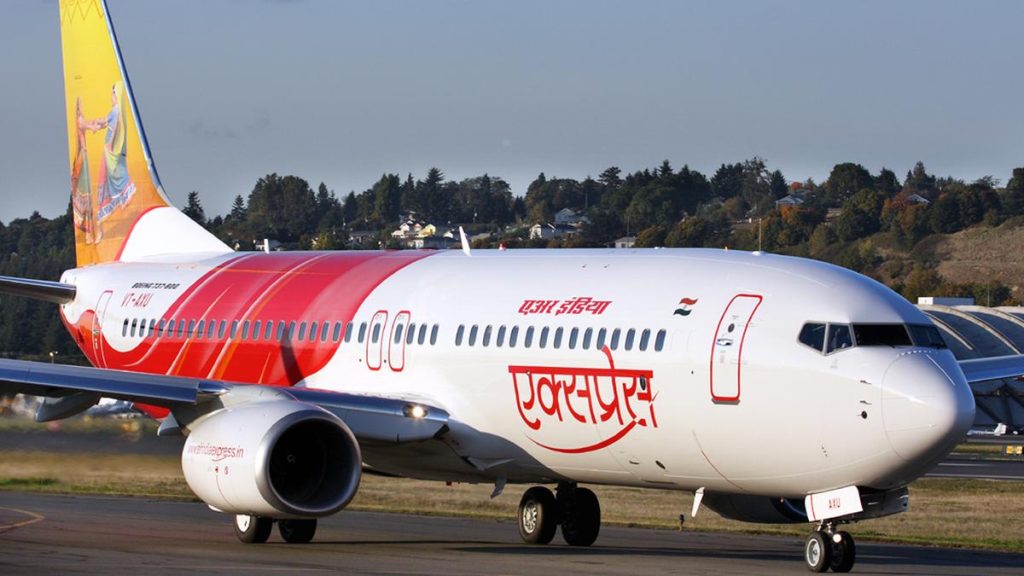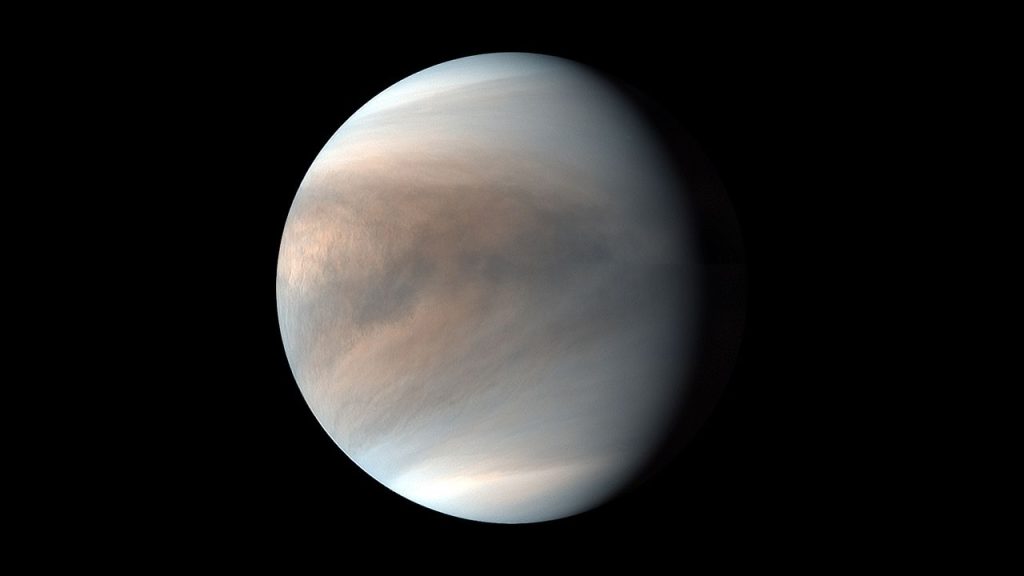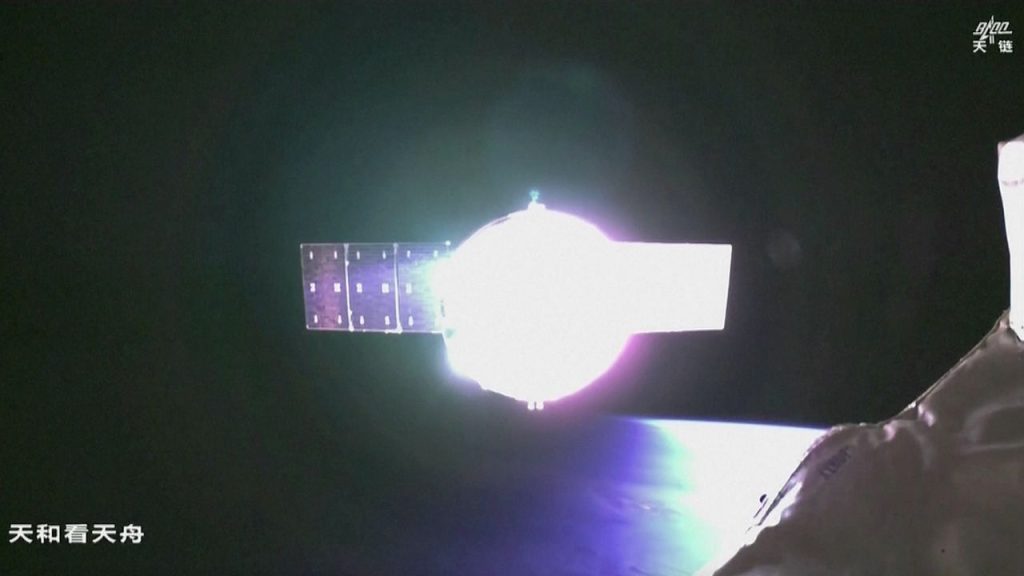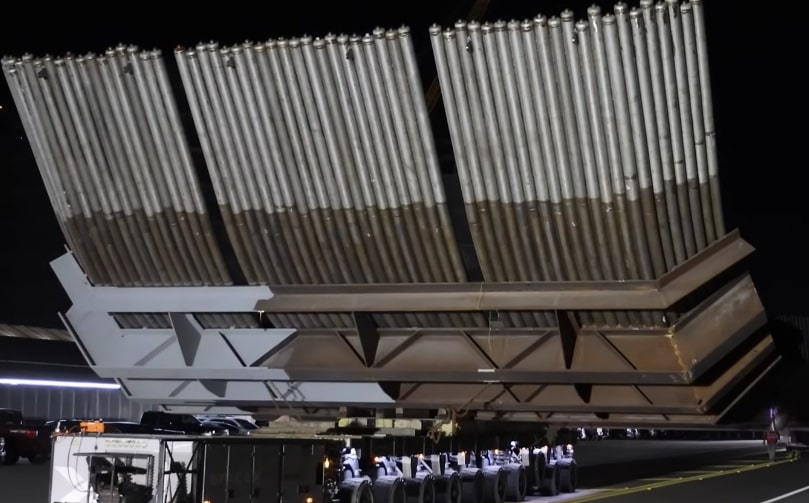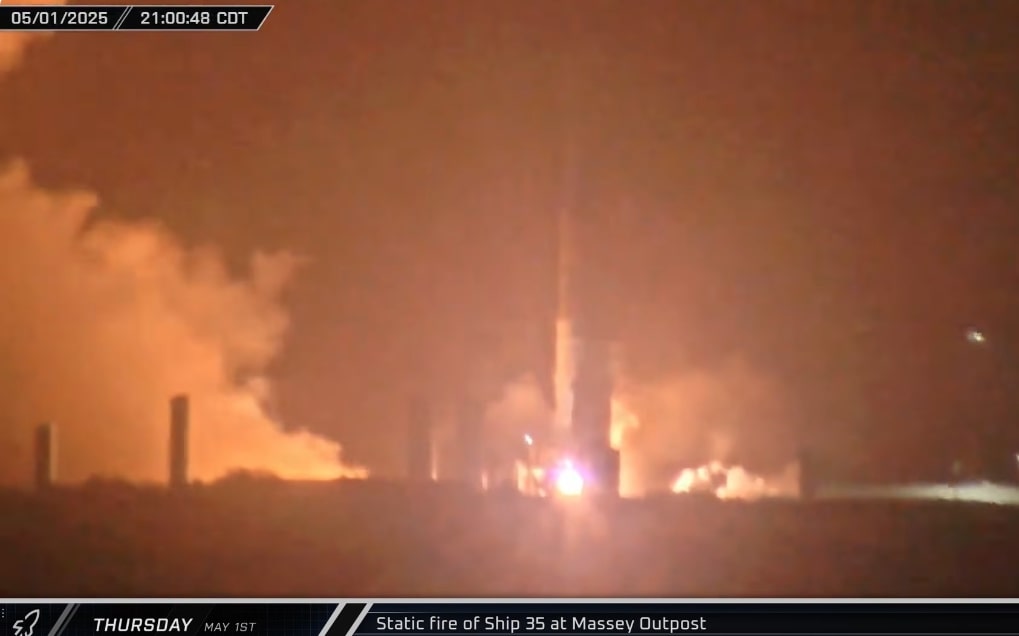Now Reading: NASA and Federal Projects Face Budget Overruns
-
01
NASA and Federal Projects Face Budget Overruns
NASA and Federal Projects Face Budget Overruns
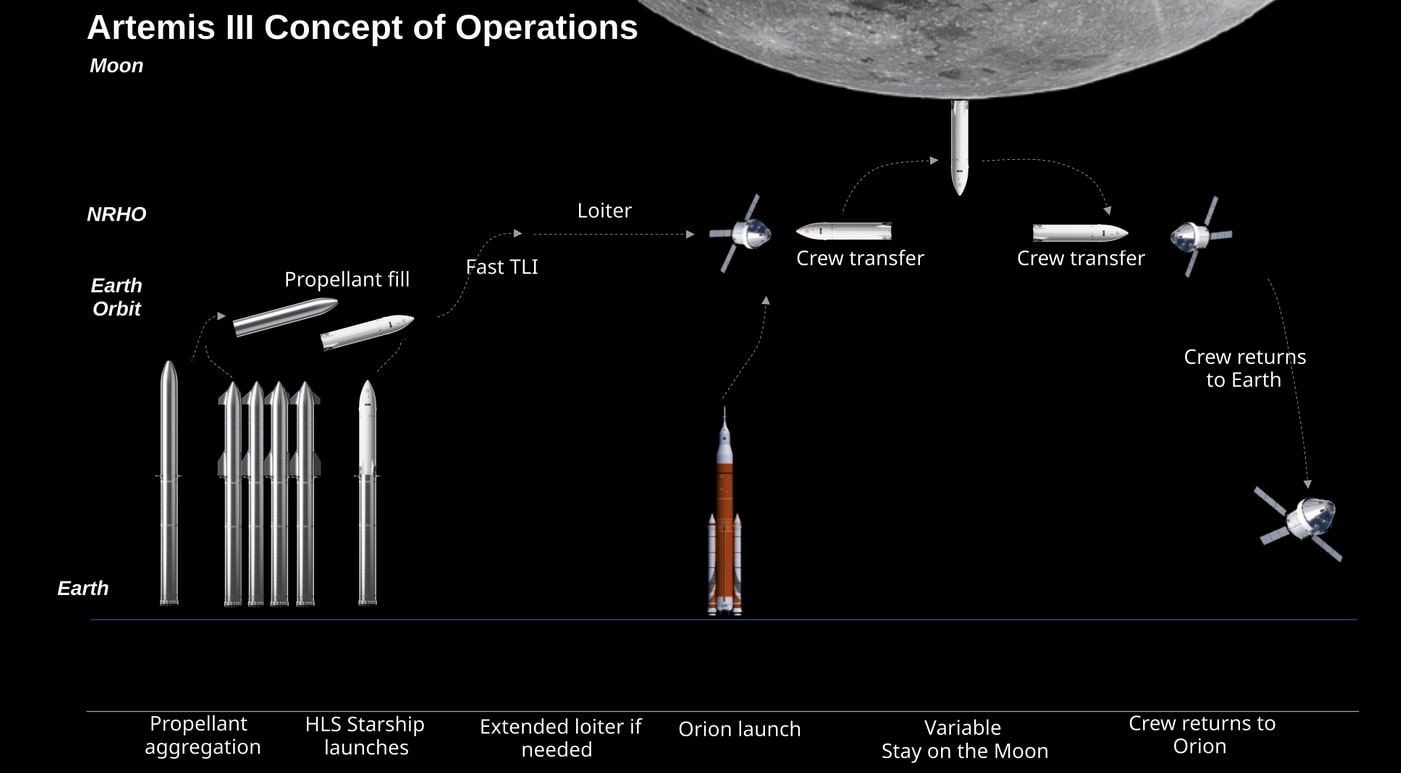
Quick Summary
- Major NASA programs, including the Space Shuttle, ISS, SLS, and Constellation, have faced delays (2-7+ years) and significant budget overruns.
- Artemis II launch initially scheduled for December 2024 was delayed due to technical issues but may be moved to February 2026.
- Artemis III Moon landing mission is now expected no earlier than mid-2027 owing to technical issues such as problems with Orion’s heat shield and life support valves.
- The Space Launch System (SLS), Orion spacecraft, and SpaceX Starship Human Landing System are not yet ready for their respective missions under Artemis III. Delays have accumulated as initial schedules in late 2016 or earlier.
- Federal contracts include provisions like force majeure and terminations for convenience to excuse contractor delays or cancellations without liability; lawsuits against contractors occur only rarely for defaults or cost escalations in defense projects.
- Historical cost overruns include the Space Shuttle program which had an average cost of $1.5 billion per flight versus initial estimates of $60 million per flight (adjusted into 2020 dollars). Similarly, SLS advancement costs ballooned from estimated $9 billion in adjusted terms to approximately $40 billion actual costs by its first flight.
Indian Opinion Analysis
the persistent delays across NASA’s Artemis program reflect challenges inherent in cutting-edge aerospace engineering combined with systemic issues tied to contract management strategies commonly used by federal agencies like NASA and the DoD. for India-a growing player on the global space stage-this scenario serves as a cautionary tale about budget forecasting and procurement planning when pursuing ambitious space missions such as human lunar exploration under Gaganyaan’s expansion or ISRO’s long-term extraterrestrial goals.
India may benefit strategically from observing both cost-plus contract inefficiencies at scale (e.g., F-35 fighter jet program) versus fixed-price arrangements that place risk on contractors but could still spiral into losses under high uncertainty scenarios like Boeing’s KC-46 tanker project struggles highlighted here.
while delays will disappoint public expectations globally around returning humans to the Moon via Artemis III until mid-to-late 2027 onward rethink careful-calibrations “Timeframes alignment Tech-specific bypass Avoid paralels misalign.”
For further details: Read More



